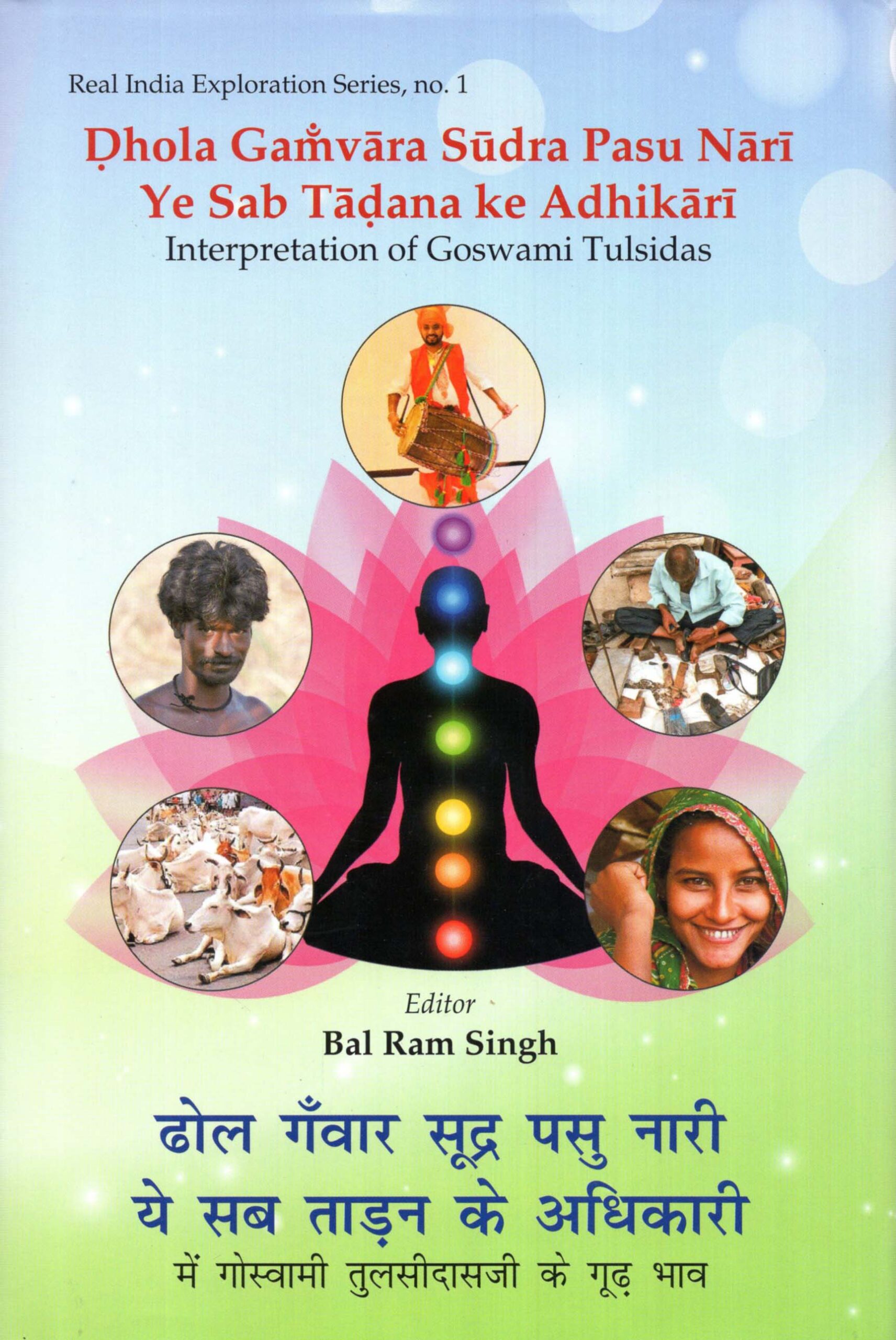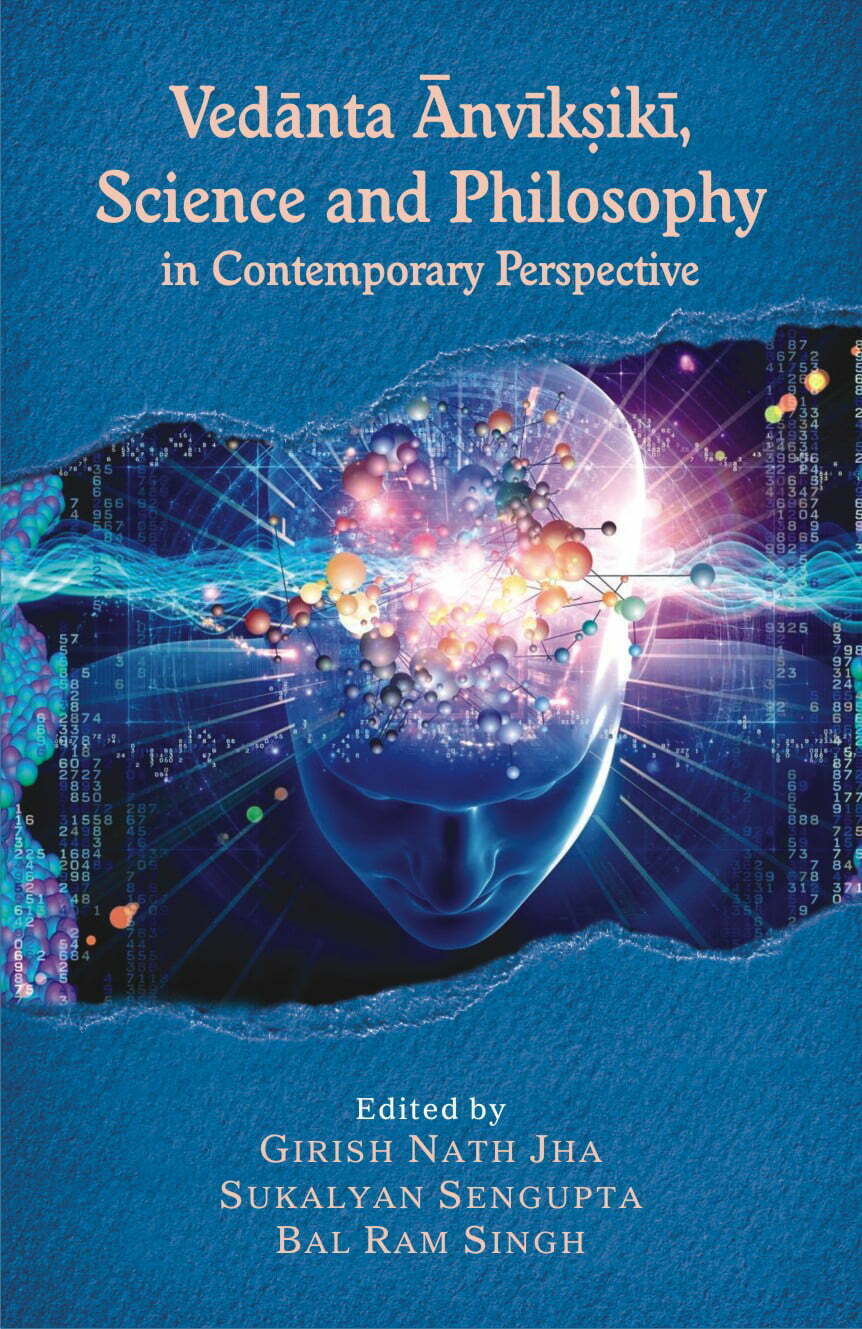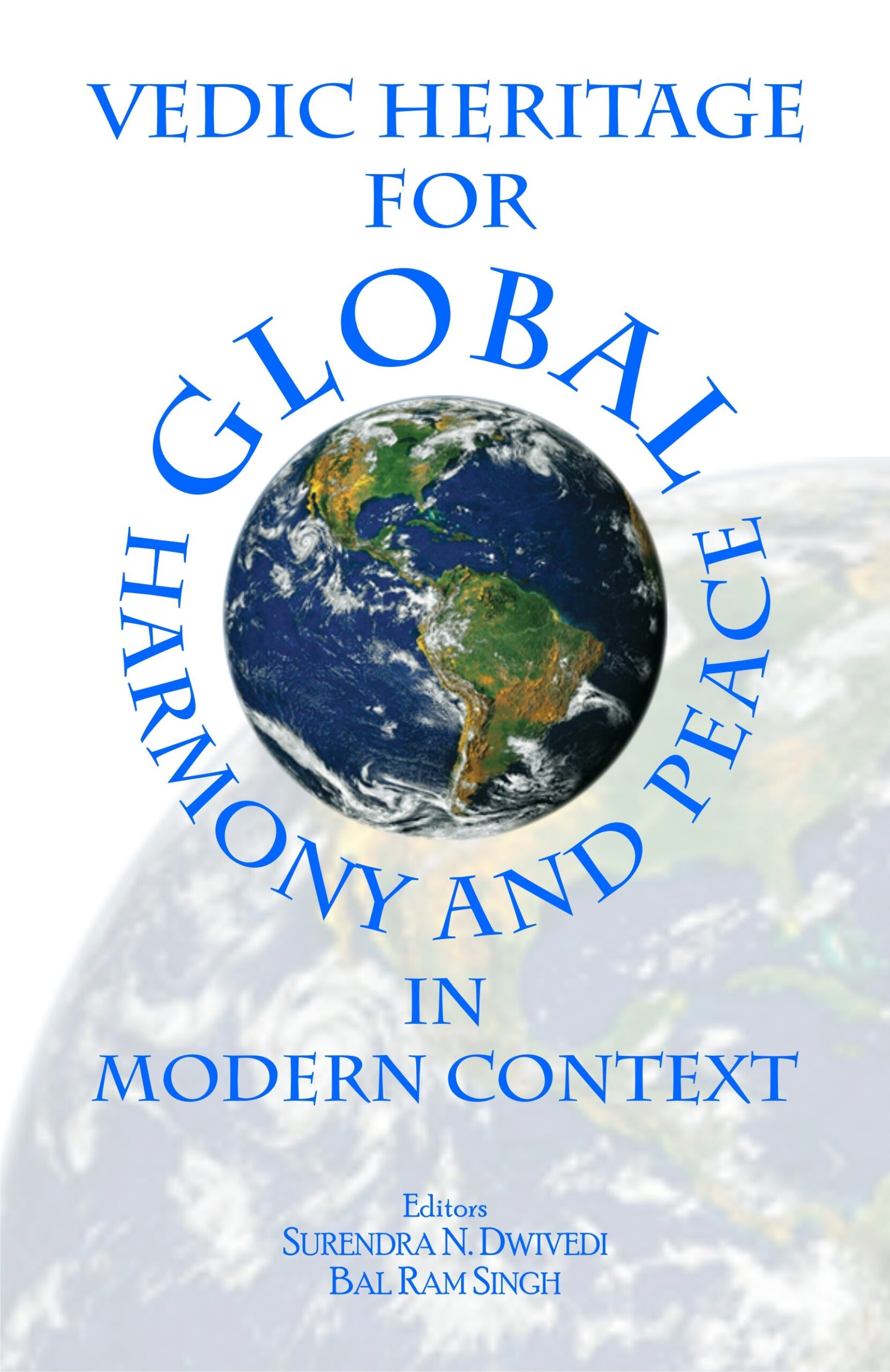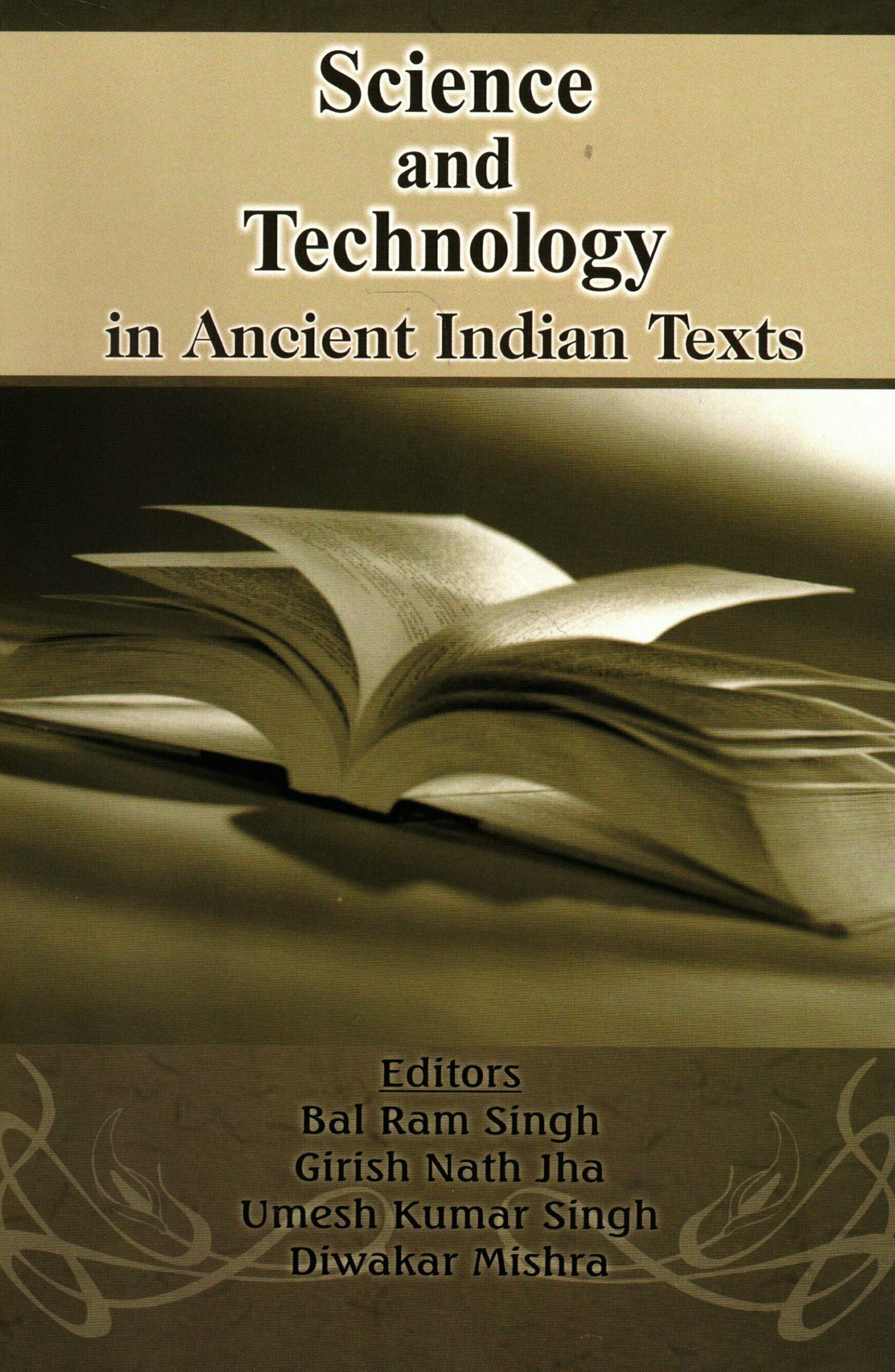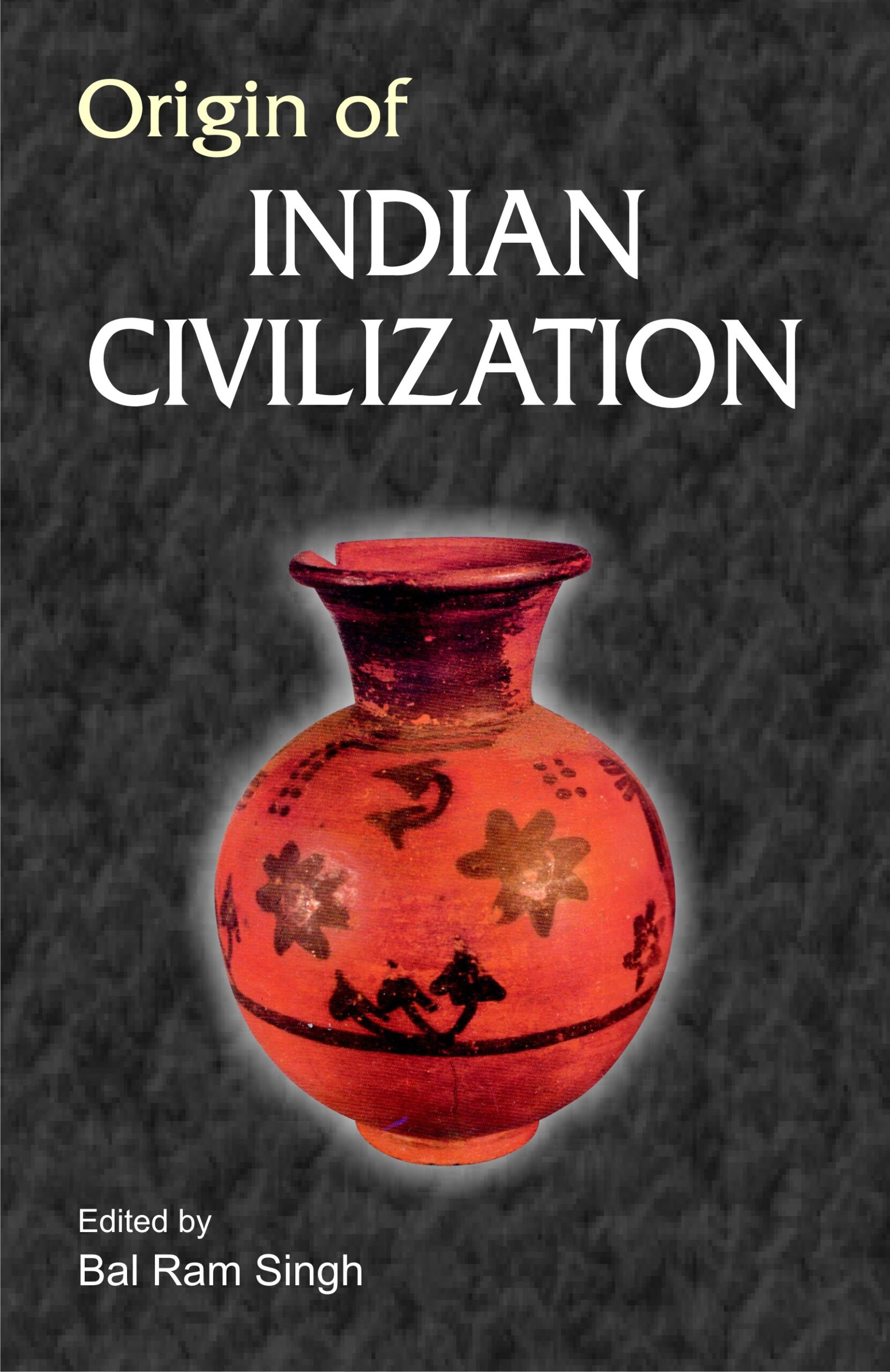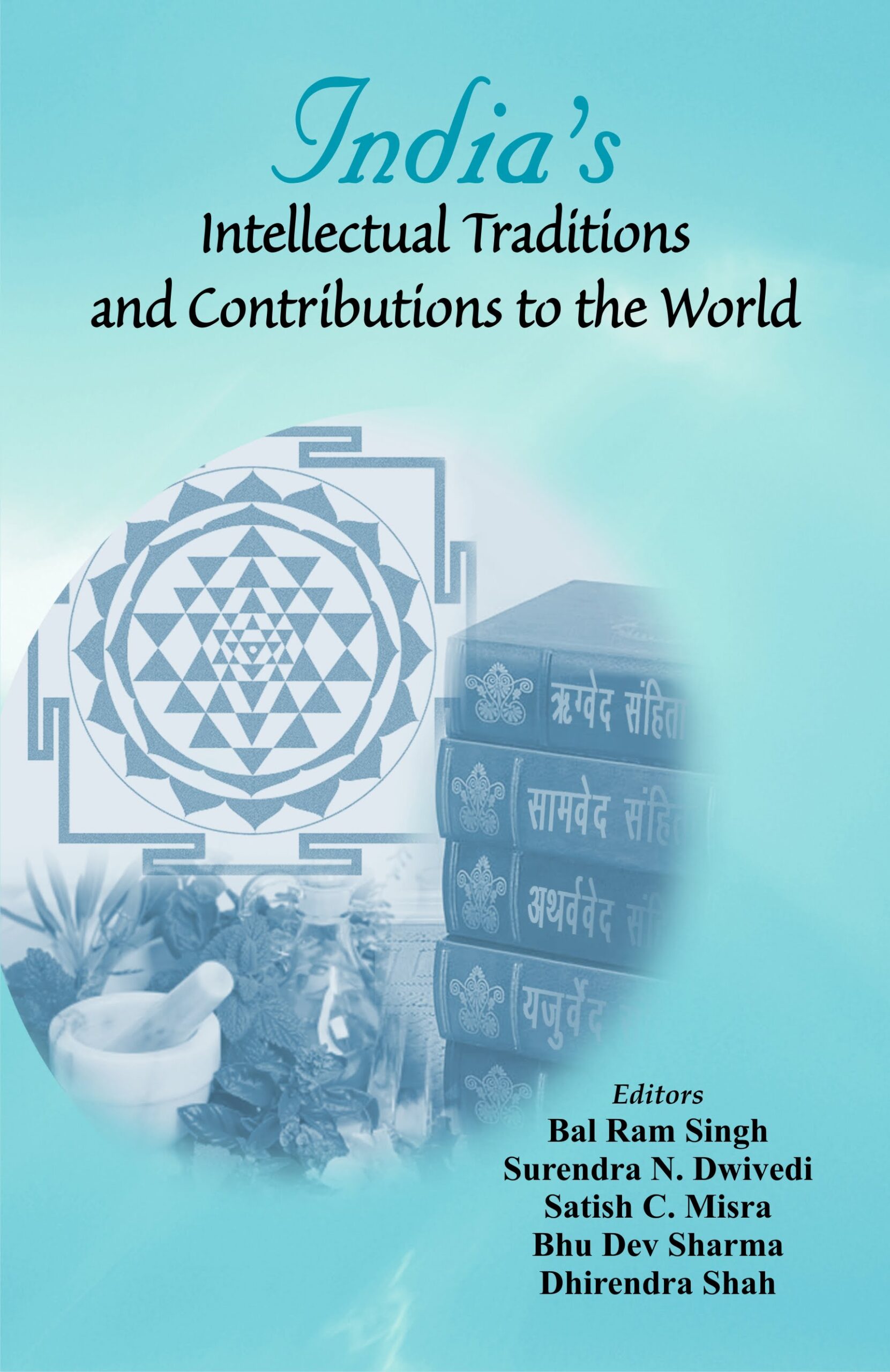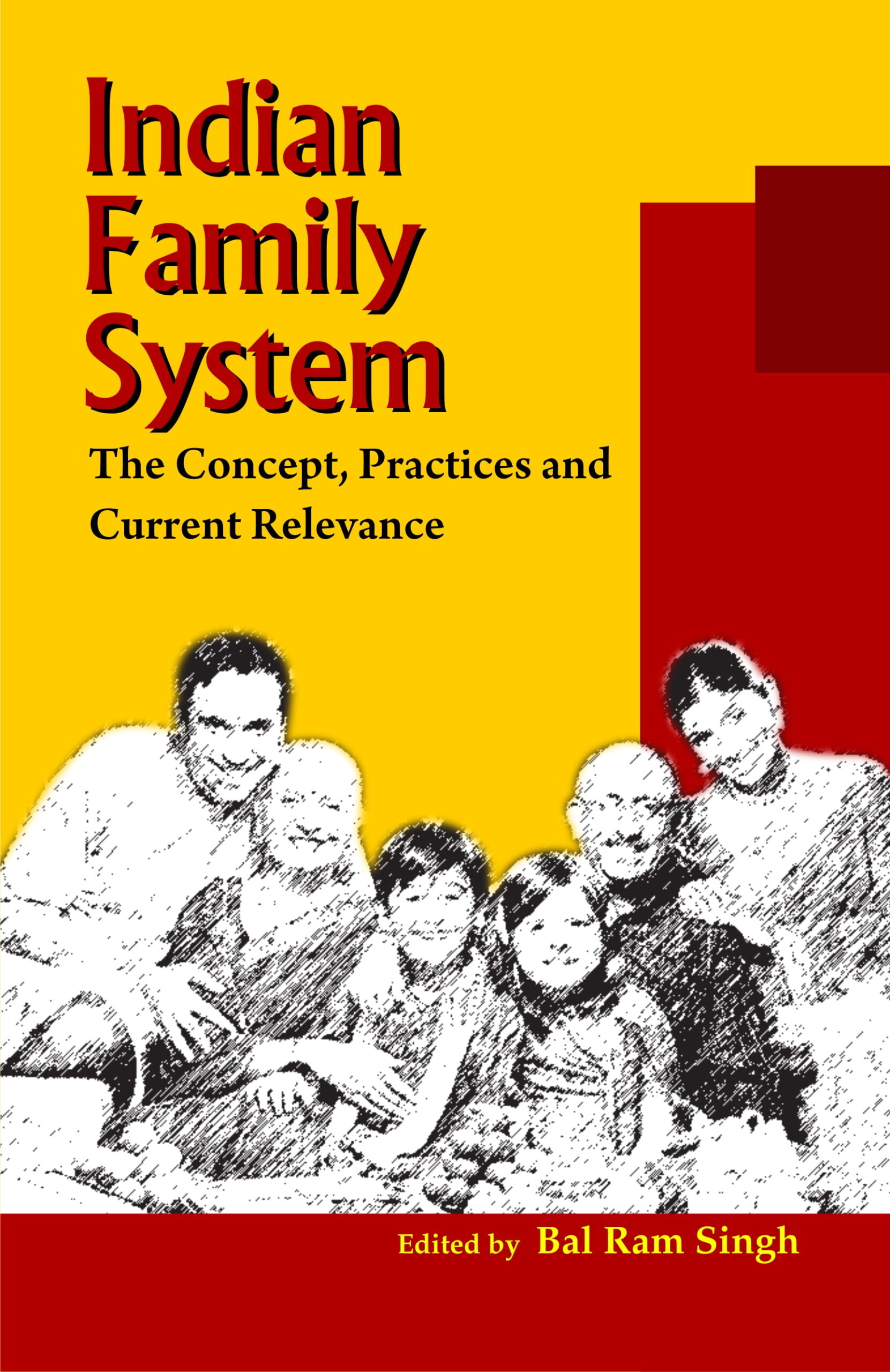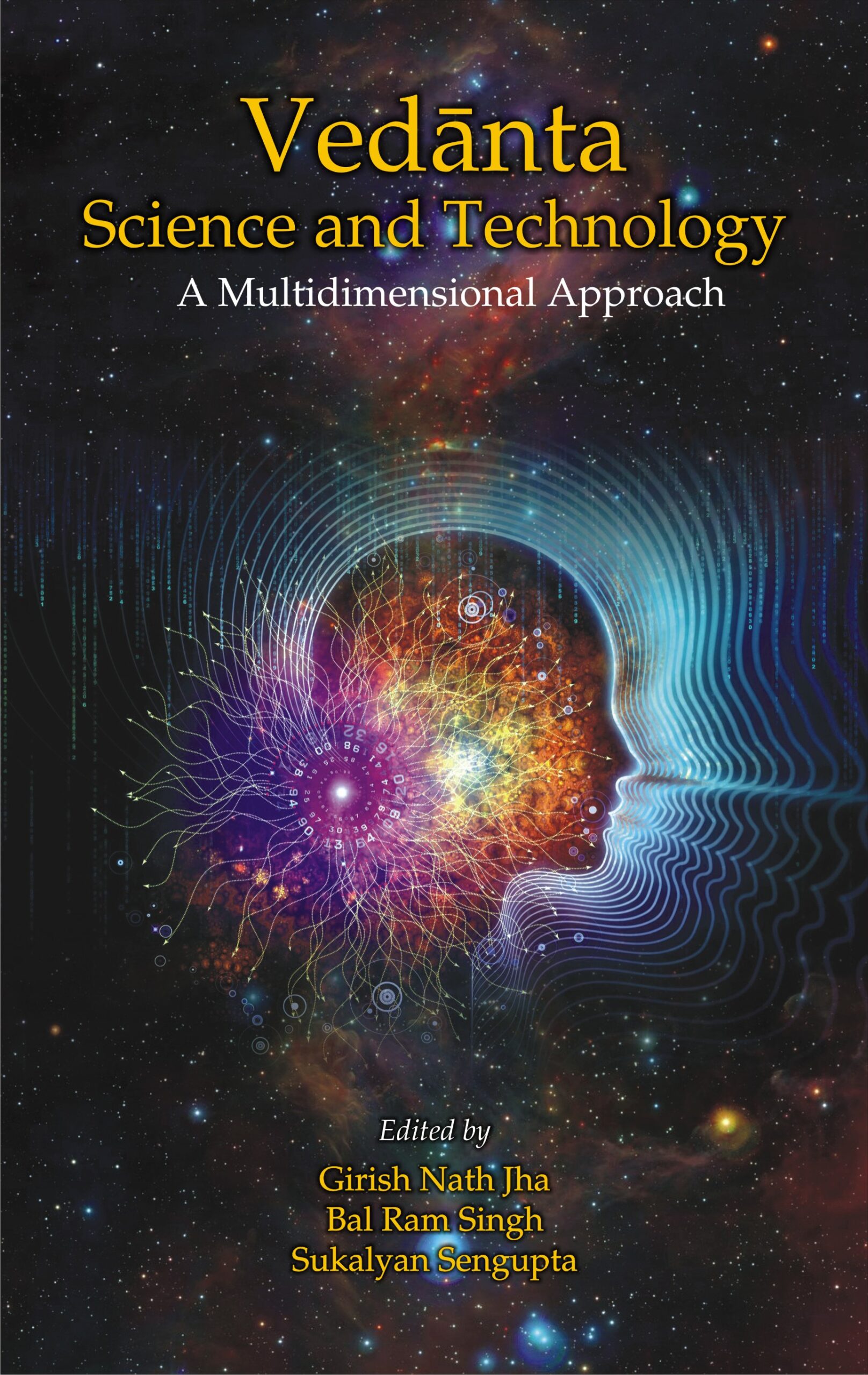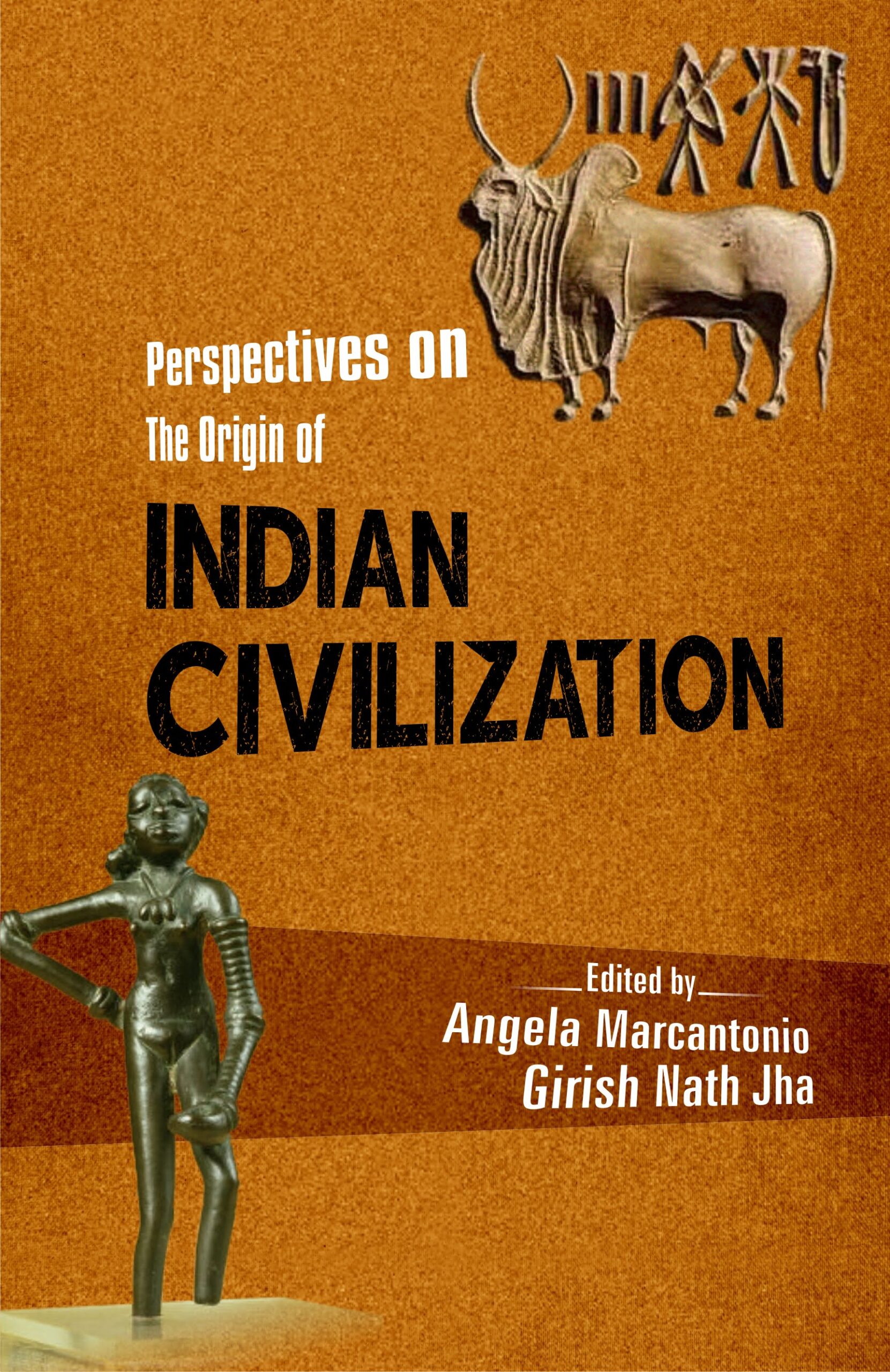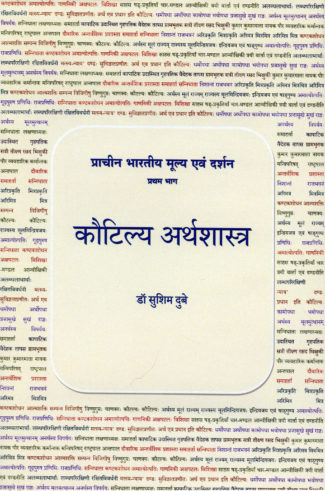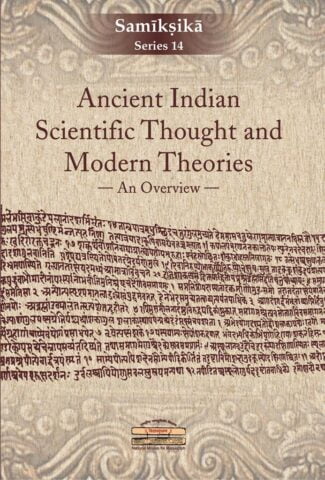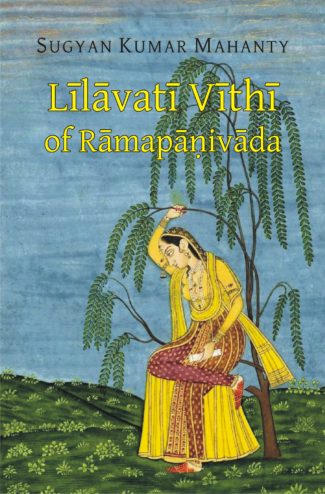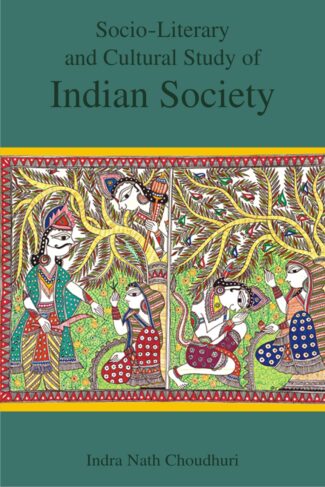

Science and Technolo...
Science and Technology in Ancient Indian Texts
by: Bal Ram Singh , Girish Nath Jha , Umesh Kumar Singh , Diwakar MishraA compilation of seminar papers by Indian and foreign experts brings alive ancient Indian developments in science, technology and medicine. The book presents Vedic quest in science and metaphysics with a special emphasis on ancient science and contemporary ideas.
Original price was: ₹1,100.00.₹990.00Current price is: ₹990.00.
ISBN: 9788124606322
Year Of Publication: 2012
Edition: 1st
Pages : xvii, 318 p.
Bibliographic Details : Index
Language : English
Binding : Hardcover
Publisher: D.K. Printworld Pvt. Ltd.
Size: 23 cm.
Weight: 650
The volume comprises seminar presentations by experts from India and abroad involved in the study of development of the natural sciences in ancient India. It offers eighteen papers from the seminar that showcase and project the Vedic literature as a treasure trove of vast knowledge that covers various branches of learning. The papers in particular discuss the ancient developments in science and technology: logic, mechanics in Sanskrit literature, Indian mathematics and its application in the Vedas, besides production technology and mechanical engineering, environmental science and roots, applicative wonders and scientific validation of Ayurveda. They involve a deep study of the Vedic understanding and description of sound and speech as para, pashyanti, madhyama and vaikhari. They also deal with the Indian perspective on the spirit and some mahakavyas of Indian philosophy. They scrutinise various theories on matter, causation, metals, dreams and motion, according to the Vaisheshika philosophy and underline the relevance of ancient knowledge to the contemporary world, especially in relation to the Vedic physics, environmental science and Ayurveda. They reiterate in unison the scientific vision of the ancient sages who held the keen eye of a poet-artist even while bringing to light modern and advanced ideas. The papers include references to various commentaries and studies on scientific and mathematical treatises, like Katyayana’s Shulbasutra and Vaimanikashastra of Bharadvaja.
The book will interest Indologists, particularly concerned with the study of ancient science, technology and mathematics, as they evolved in ancient India.
Introduction
Part I: Conceptual
1. Scientifying the Science: The Art of Making Everything a Science
— Bal Ram Singh
2. Spirituality, Logic and Science in India: A Philosophical Perspective
— R.P. Singh
Part II: Physical Sciences
3. Vaisheshika Insights into Science
— Shashiprabha Kumar
4. Fourfold Description of Sound: A Vedic View
— M.G. Prasad
5. Relevance of Vedic Physics in the Contemporary Society
— Sadasiva Biswal
6. Concept of Agni in the Rigveda in the Light of the Physical Sciences
— Soma Basu and R.K. Saha
7. Mechanics in Hindu Literature
— P. Priyadarshi
Part III: Mathematical Sciences
8. Numbers and Zero in Vedic Suktas Some Applications and China Contacts
— Bhu Dev Sharma
9. An Unpublished Commentary of the Katyayana Shulbasutra
— Nabanarayan Bandyopadhyay
Part IV: Chemical Sciences, Environment
and Metallurgy
10. Rasashala, the Ancient Indian Pharmacy: A Study on its Construction (Arrangement
of Rasashala, List of Required Apparatuses and Koshthiyantras)
— Dillip Kumar Kar
11. High Technology in Ancient Sanskrit Manuscripts
— C.S.R. Prabhu
12. Environmental Science: Vedic Perspective
— Shashi Tiwari
13. Contribution of Ancient India in Production Technology and Mechanical Engineering
— Chandrabhan Prajapati
Part V: Yoga and Ayurveda
14. Personality Traits of People Born in Different Samvatsaras and their Comparison with
Modern Psychological Personality Traits: A Study
— Melukote K. Sridhar
15. The Applicative Wonders of Ayurveda: The Mother of All Life Sciences
— Vaidyaratnam R. Raghavan
16. Ayurvedic Medicines: Ancient Roots and Scientific Validation
— Yamini Bhushan Tripathi
Part VI: Text and Information Encoding
in Human Brain and Computer
17. Unicode Standard for Vaidika Sanskrit: Efforts and Status
— Swarn Lata, Manoj Jain
18. Sanskrit, Whole Brain Learning: And its Importance in the Super Accelerated Learning Theory (SALT)
— Pandit Ramadheen Ramsamooj
Contributors
Index


